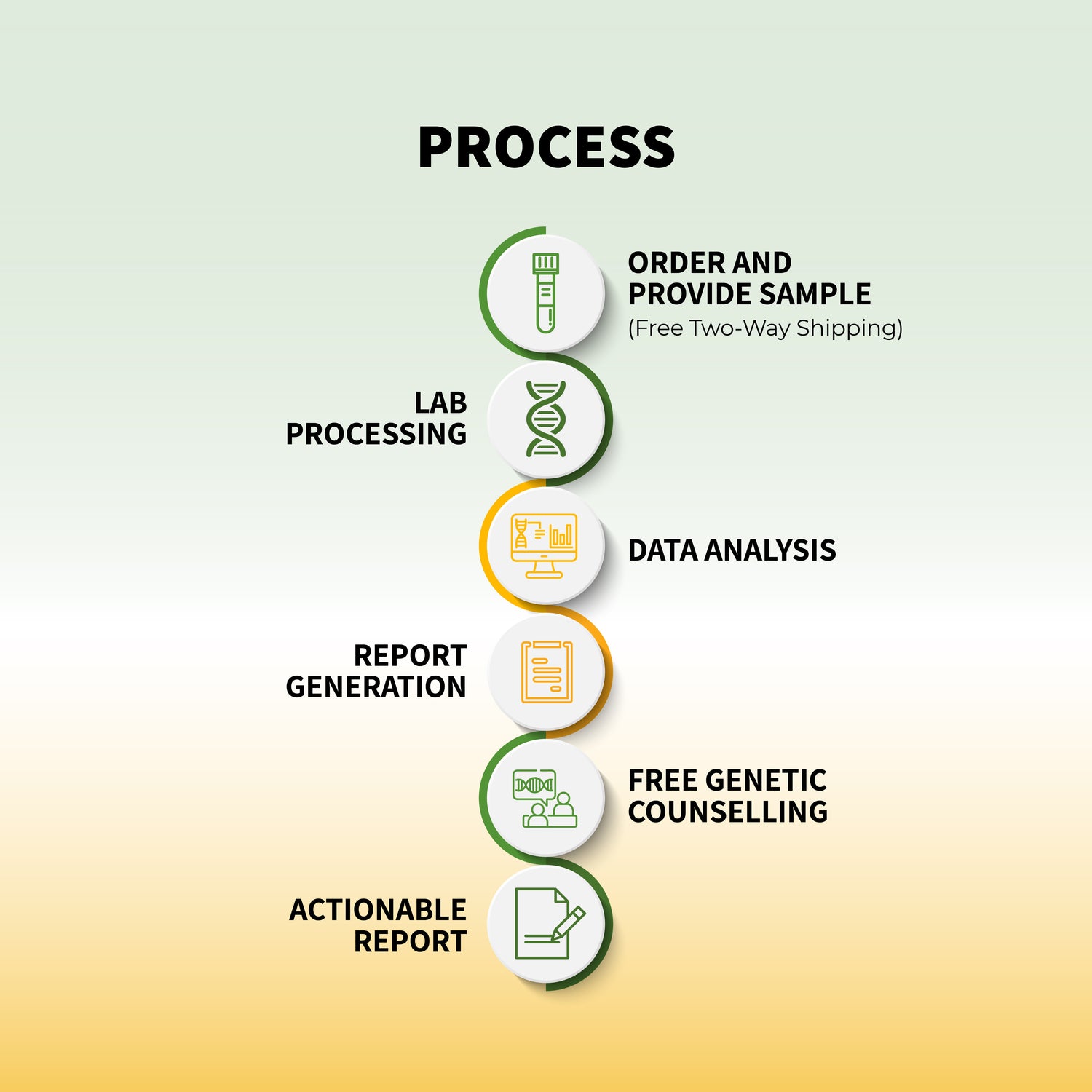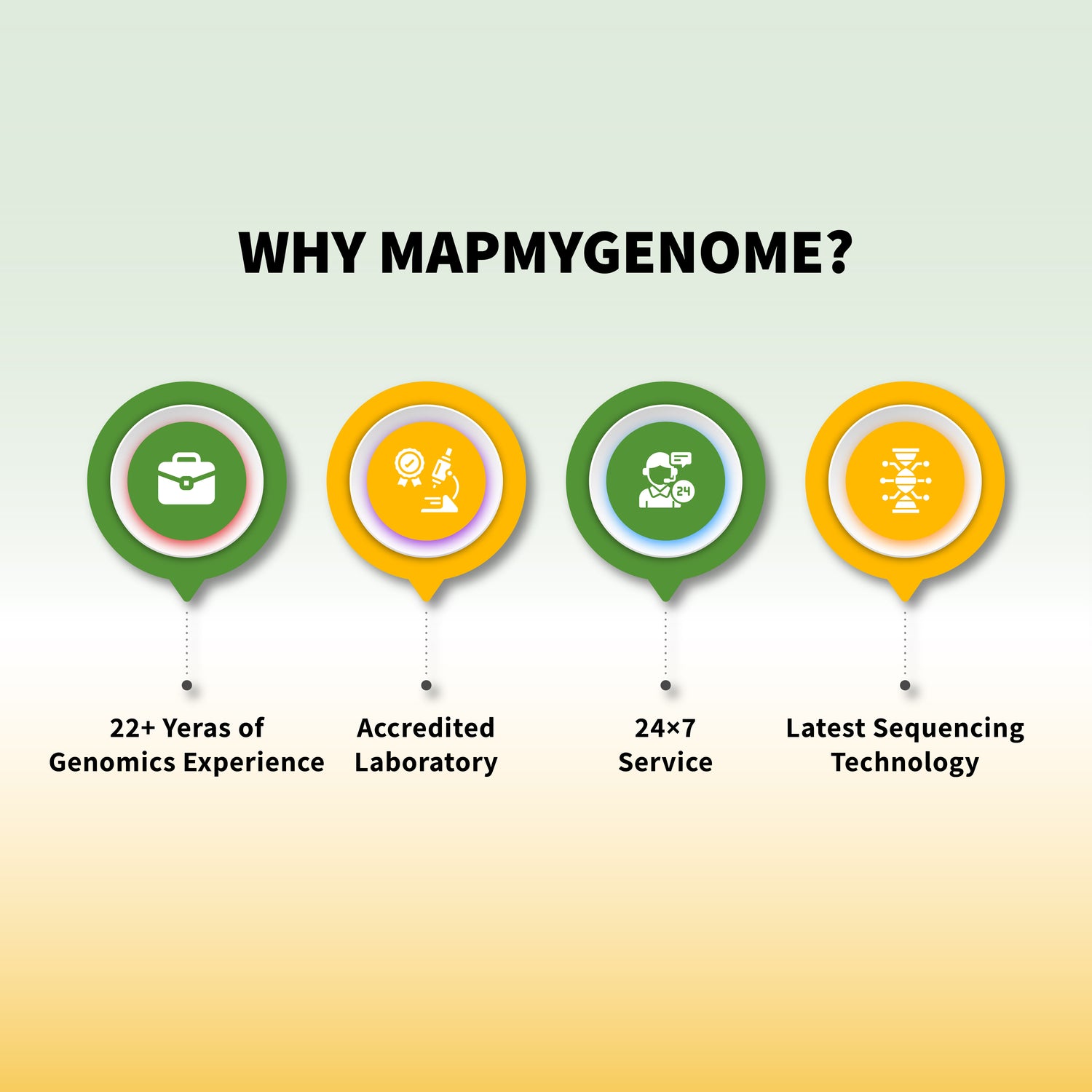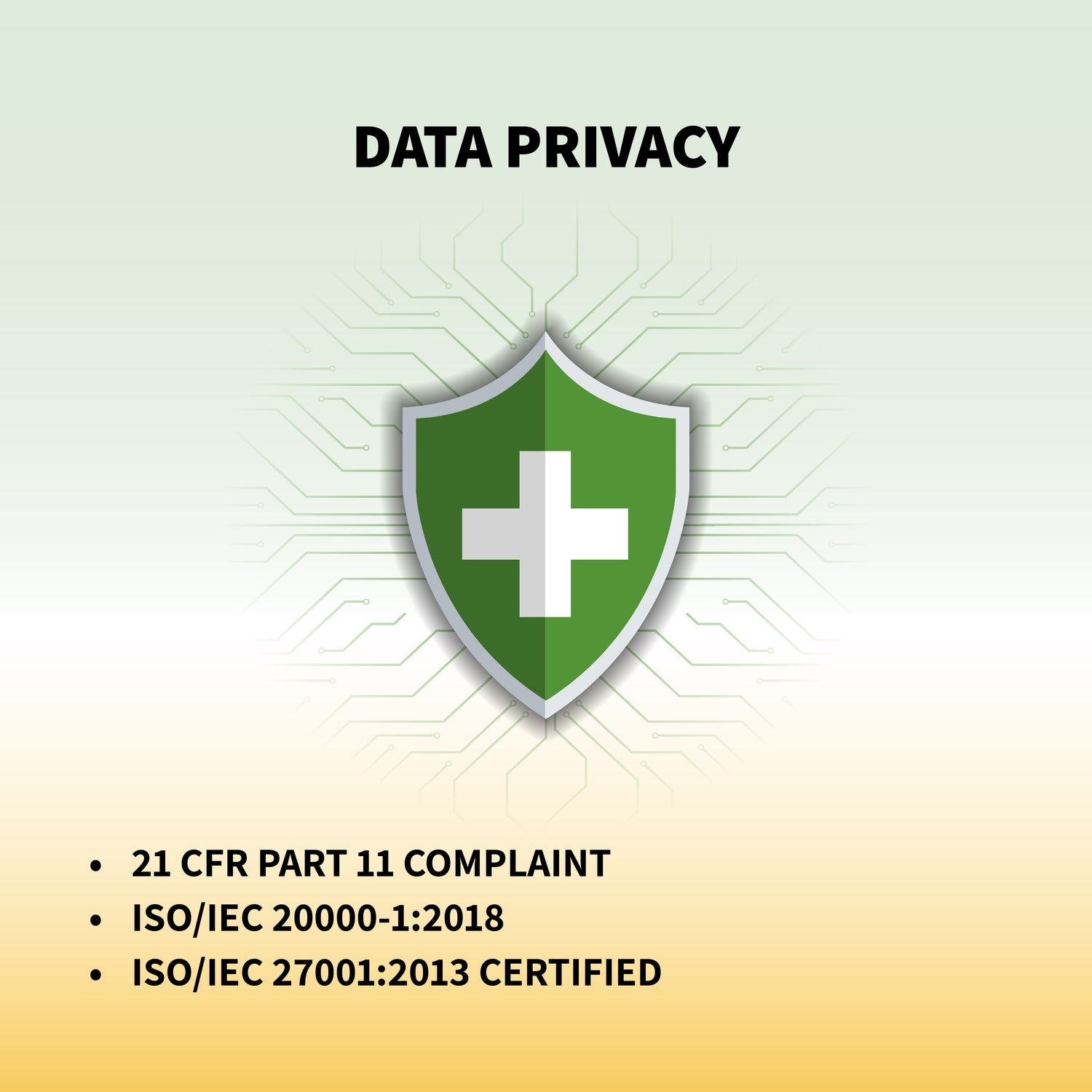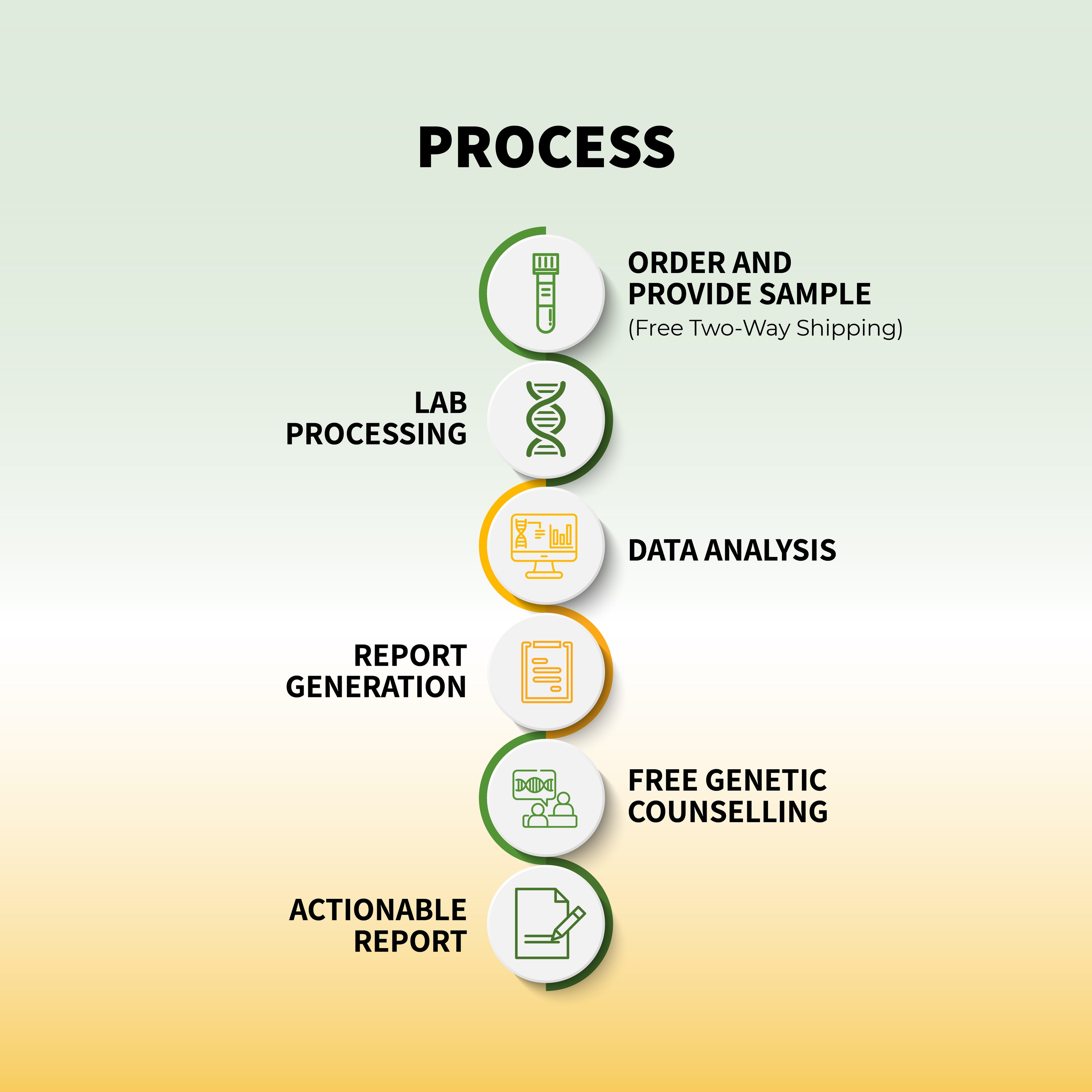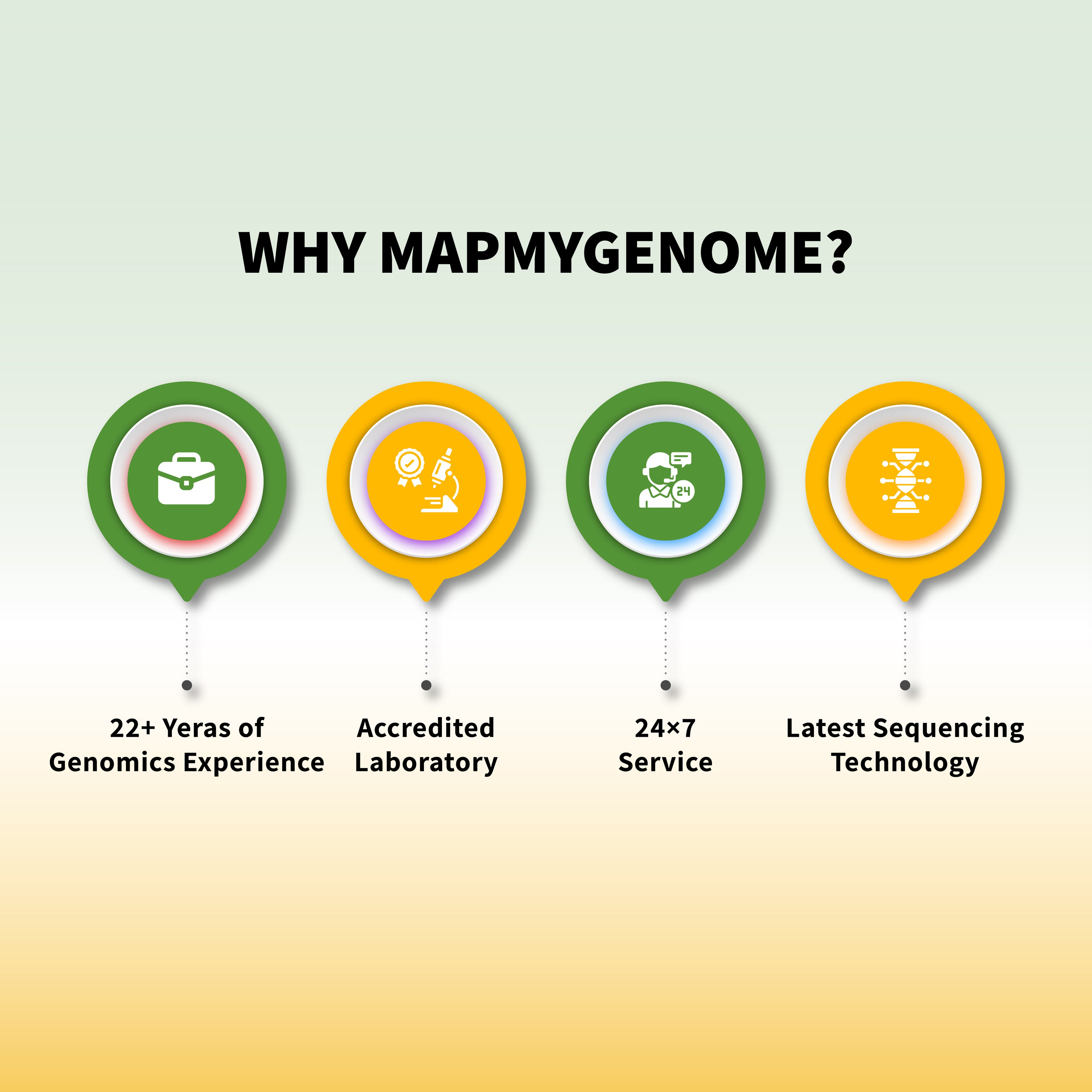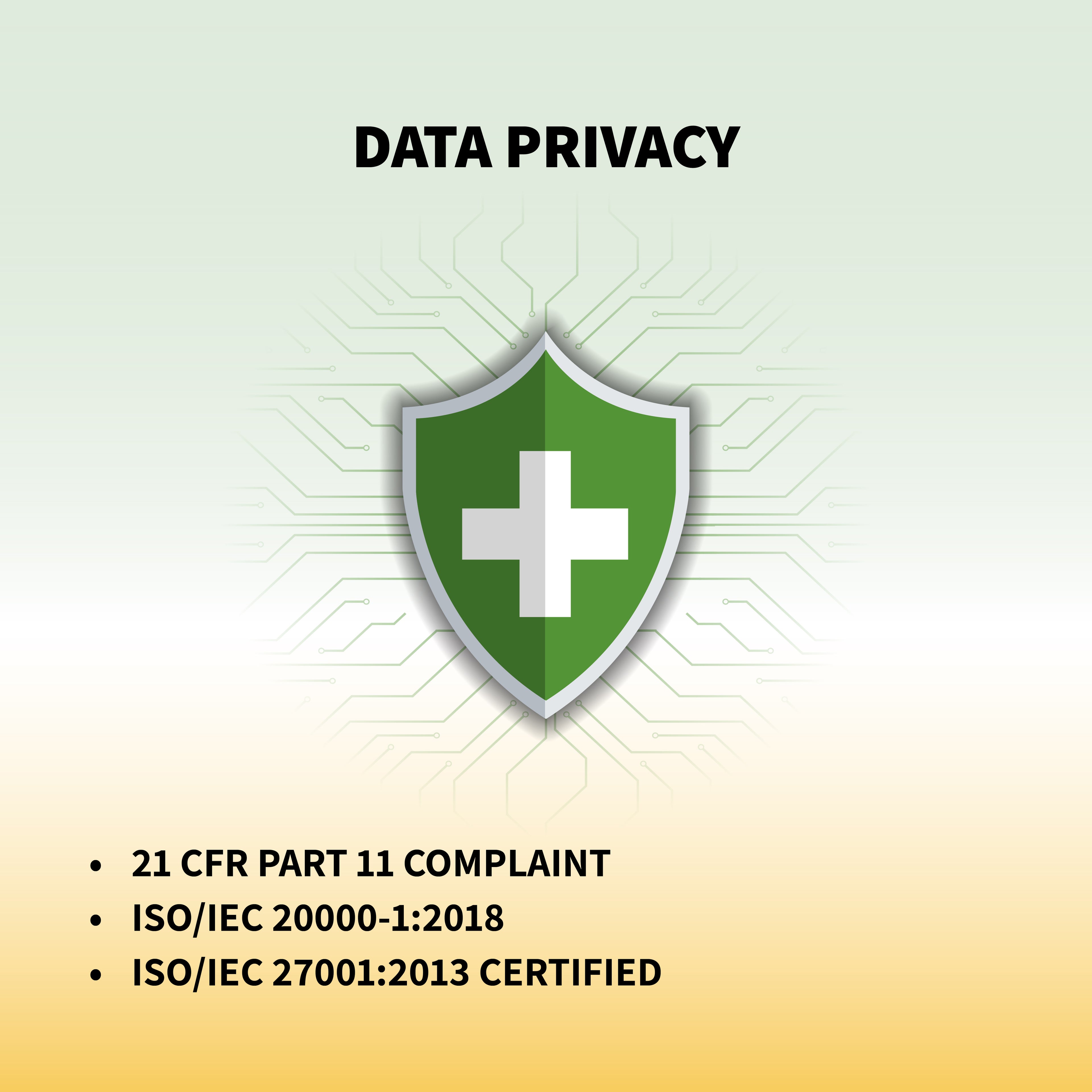Every year on July 1st, we celebrate Doctors Day to honor the dedicated professionals who tirelessly work to keep us healthy. This day is a tribute to the contributions and sacrifices made by doctors around the world. It's an opportunity to reflect on the critical role they play in our lives and the healthcare system. Let's delve into the significance of Doctors Day, the impact of doctors on our health and wellness, and how we can support these healthcare heroes.
The Importance of Doctors Day
Doctors Day is not just a date on the calendar; it’s a recognition of the hard work, dedication, and compassion that doctors demonstrate daily. This day was first observed in 1933 in the United States, and since then, it has become a global event celebrated in many countries. The day is marked by various activities, including sending greeting cards, flowers, and organizing events to appreciate the doctors in our lives.
Historical Background
The first Doctors Day was celebrated on March 30, 1933, in Winder, Georgia, to commemorate the anniversary of Dr. Crawford W. Long's use of ether anesthesia. This revolutionary medical advancement changed the field of surgery and patient care forever. Since then, Doctors Day has evolved to honor all doctors who contribute to medical advancements and patient care.
The Role of Doctors in Health and Wellness
Doctors are the backbone of our healthcare system. They are responsible for diagnosing illnesses, providing treatment, and guiding us on the path to wellness. Their expertise and dedication are vital in ensuring that we lead healthy lives. Let's explore the various roles doctors play in our health and wellness journey.
Primary Care Physicians
Primary care physicians (PCPs) are often the first point of contact in the healthcare system. They provide comprehensive care, including preventive services, treatment for common illnesses, and management of chronic conditions. PCPs are crucial in detecting health issues early and ensuring patients receive appropriate care and referrals to specialists when needed.
Specialists
Specialists have advanced training in specific areas of medicine, such as cardiology, oncology, neurology, and more. Their expertise is essential for diagnosing and treating complex medical conditions. Specialists work closely with primary care physicians to provide a continuum of care, ensuring that patients receive the best possible treatment.
Surgeons
Surgeons perform operations to treat diseases, injuries, and deformities. Their skills and precision can save lives and improve the quality of life for many patients. Surgeons are often involved in complex and high-risk procedures, making their role indispensable in the healthcare system.
Researchers
Many doctors are also involved in medical research, contributing to the development of new treatments, medications, and technologies. Their work is critical in advancing medical knowledge and improving patient outcomes. Researchers play a vital role in the ongoing fight against diseases and in discovering innovative solutions to health problems.
The Impact of Doctors on Patient Care
Doctors have a profound impact on patient care and outcomes. Their knowledge, skills, and empathy make a significant difference in the lives of their patients. Here are some ways doctors contribute to patient care:
Early Diagnosis and Prevention
Doctors play a crucial role in the early diagnosis and prevention of diseases. Regular check-ups and screenings can detect health issues before they become serious. Early intervention often leads to better outcomes and can prevent the progression of diseases.
Personalized Treatment Plans
Every patient is unique, and doctors create personalized treatment plans based on individual needs and medical history. These tailored approaches ensure that patients receive the most effective and appropriate care for their conditions.
Emotional Support
Doctors often provide emotional support to patients and their families. A compassionate and understanding doctor can help alleviate anxiety and stress, making the treatment process more manageable. This emotional support is a vital component of holistic patient care.
Patient Education
Educating patients about their health conditions and treatment options is an essential part of a doctor's role. Informed patients are better equipped to make decisions about their care and follow treatment plans effectively. Doctors empower patients by providing them with the knowledge they need to manage their health.
How to Support and Appreciate Doctors
While Doctors Day is a special occasion to honor doctors, there are many ways we can support and appreciate them throughout the year. Here are some ideas:
Show Gratitude
A simple thank you can go a long way. Express your gratitude to your doctors for their care and dedication. A handwritten note, a heartfelt message, or even a small token of appreciation can make their day.
Follow Medical Advice
Adhering to your doctor's recommendations and treatment plans is one of the best ways to show appreciation. By following their advice, you demonstrate trust in their expertise and commitment to your health.
Promote Health Awareness
Participate in health awareness campaigns and encourage others to take their health seriously. By spreading awareness about preventive measures and healthy lifestyle choices, you contribute to the collective effort of improving public health.
Advocate for Healthcare Improvements
Support policies and initiatives that aim to improve the healthcare system. Advocate for better working conditions for doctors, increased funding for medical research, and access to quality healthcare for all. Your voice can make a difference in shaping the future of healthcare.
Take Care of Yourself
Taking care of your health is a way of honoring the hard work of doctors. Regular exercise, a balanced diet, adequate sleep, and stress management are essential for maintaining good health. By prioritizing your well-being, you reduce the burden on the healthcare system and contribute to a healthier society.
Conclusion
Doctors Day is a time to celebrate and honor the remarkable contributions of doctors to our health and wellness. Their dedication, expertise, and compassion make a significant impact on our lives. As we celebrate this day, let's remember to show our appreciation and support for these healthcare heroes throughout the year.
By understanding the vital role doctors play and taking proactive steps to support them, we can contribute to a healthier and more resilient healthcare system. Happy Doctors Day to all the doctors who work tirelessly to keep us healthy and safe!





